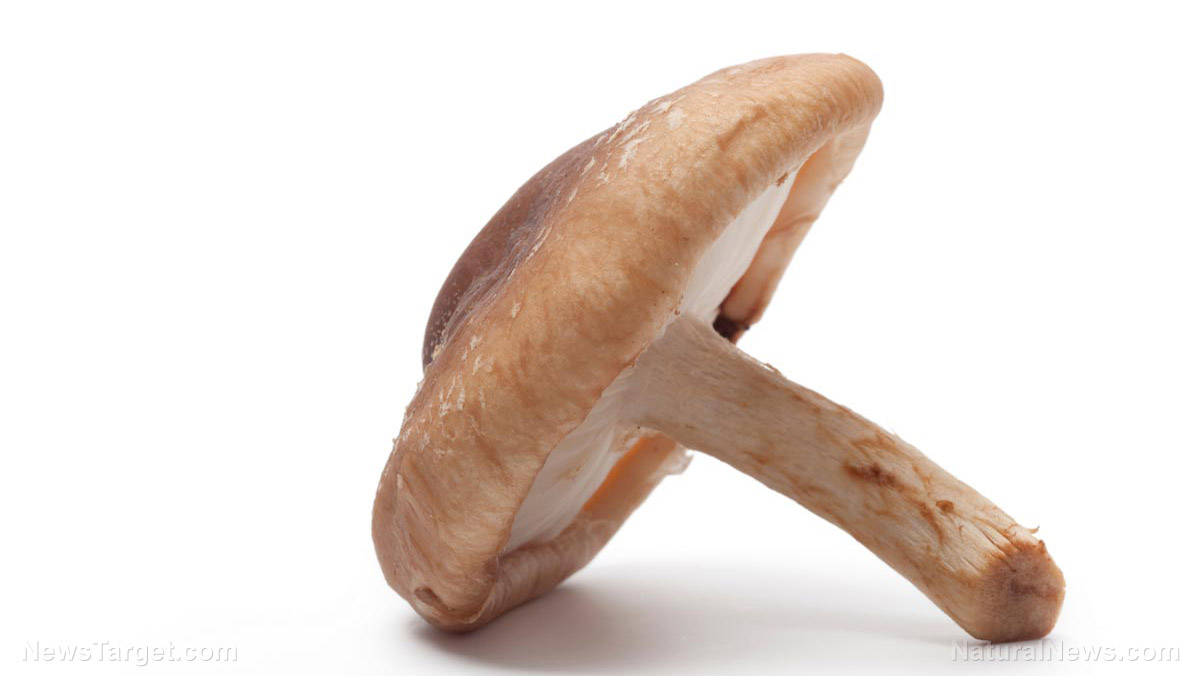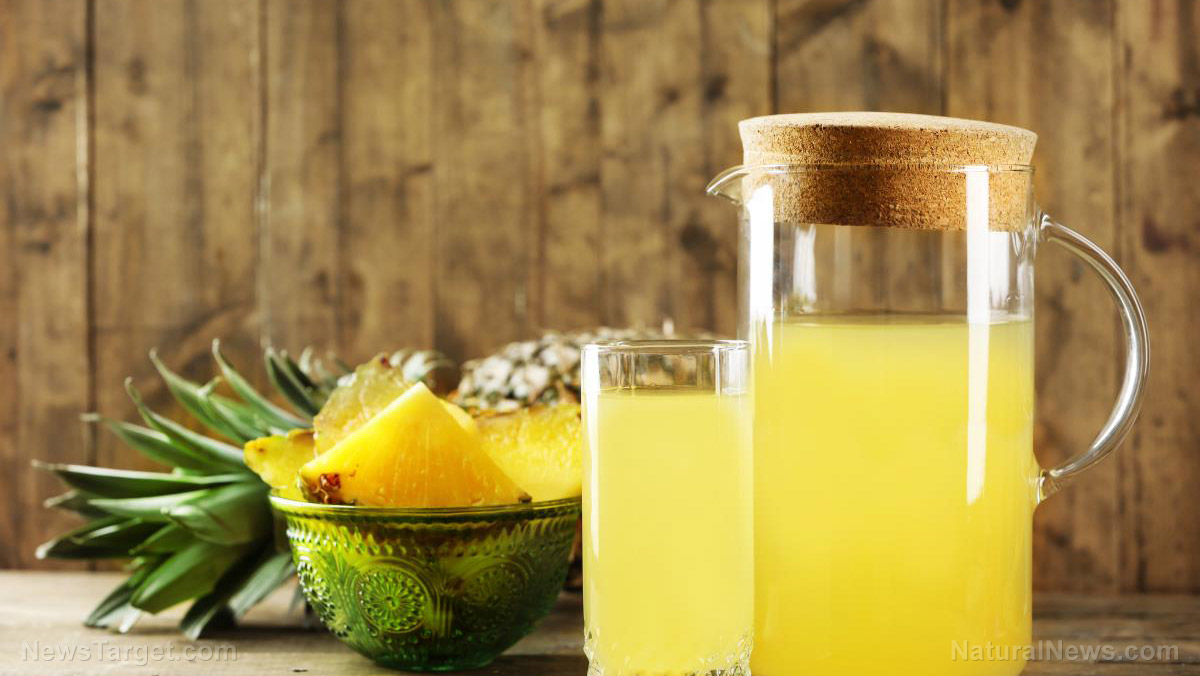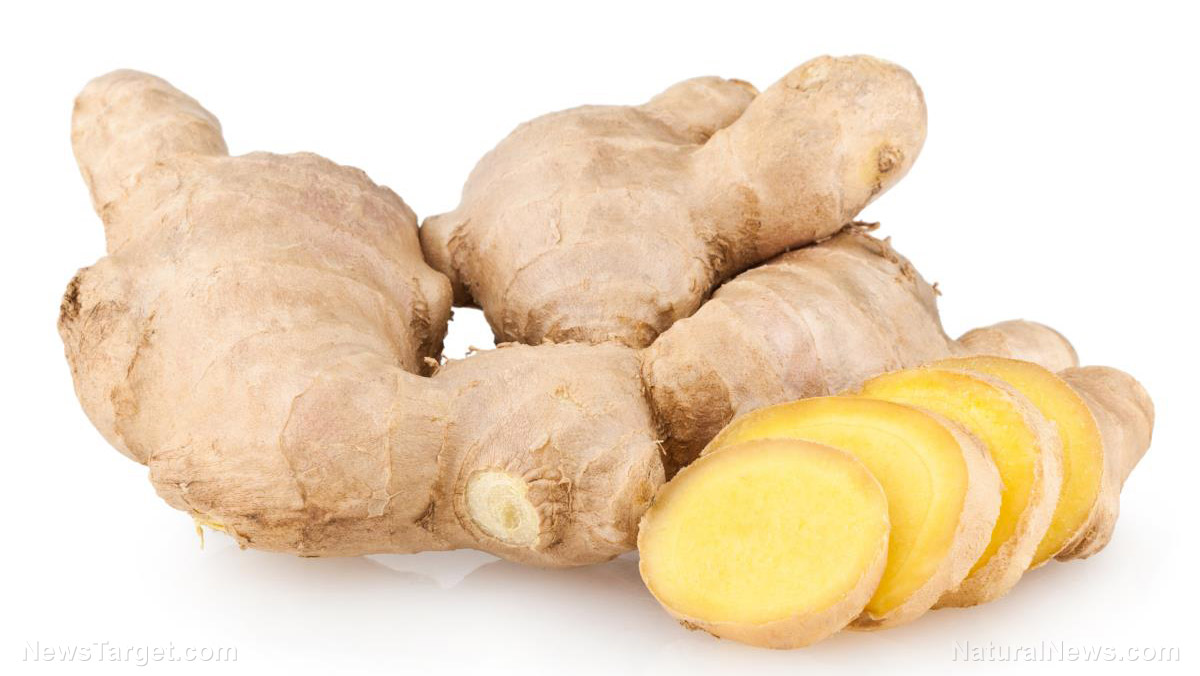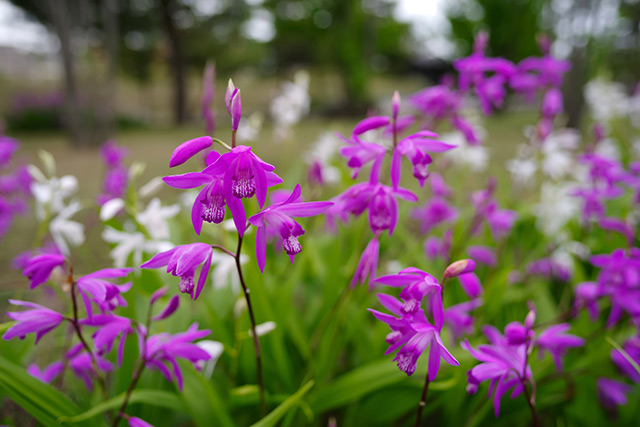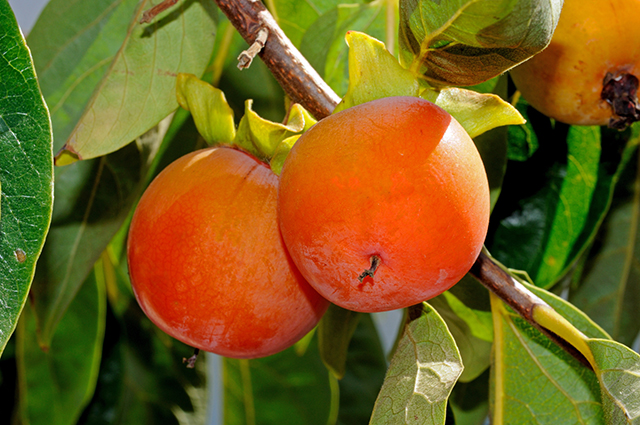Why prebiotics are absolutely essential to gut health
12/14/2018 / By Ellaine Castillo

Probiotics are famous for the many health benefits that they provide, such as improving digestion and boosting the immune system. Because of these, more people now include fermented foods like yogurt, kimchi, and sauerkraut in their diets since they are good sources of beneficial bacteria. However, eating these foods is not enough to enjoy the benefits of probiotics. People also have to complement their diet with foods containing the lesser known prebiotics for probiotics to work their magic.
People often mistake probiotics and prebiotics to be the same thing, but even though they are closely related, they are also very different from each other. The latter includes fibers like inulin, resistant starch, fructooligosaccharides, and galactooligosaccharides, which cannot be digested by the small intestine. From there, they proceed to the colon where probiotics break them down so they can be used as sources of energy for the bacteria’s growth, reproduction, and other normal functions.
Health benefits of prebiotics
Prebiotics have many benefits on a person’s overall health, which include the following:
- Improving digestion – There are more than 70 million people who suffer from digestive disorders, which can be attributed to the lack of healthy gut bacteria. By eating prebiotic foods, probiotic populations can be restored, and as a result, the different symptoms of these health problems like gas and bloating are alleviated. Moreover, prebiotics also prevent the gut from having too much bad bacteria, which can lead to conditions like chronic bloating, flatulence, acid reflux, constipation, indigestion, poor nutrient absorption, and brain fog.
- Boosting the immune system – Probiotics are crucial to maintaining overall health since nearly 70 percent of the immune system is found in the gut. Without these beneficial bacteria, the body becomes susceptible to viral and bacterial infections that are potentially fatal. Even when you eat lots of probiotic foods, it still might not be enough to maintain healthy populations of beneficial bacteria in the gut since many external factors can significantly deplete them. These include antibiotic use, chronic stress, and diet. To replenish the gut microbiota, it is important also to eat prebiotic foods so that the bacteria can repopulate and improve the immune system.
- Enhancing nutrient absorption – By increasing prebiotic intake, you can also improve the absorbance of essential nutrients like calcium, magnesium, vitamin K and B by increasing the body’s stores of beneficial bacteria. This consequently leads to an improvement in overall health, as shown by fewer sick days, stronger bones and teeth, and higher amounts of energy.
- Eliminating toxins – Prebiotics are essential to detox diets since they promote the removal of toxins through improved bowel regularity.
- Promoting sustainable weight loss – Toxins often accumulate in fat cells that contribute to weight gain. By increasing prebiotic intake, these toxins are more efficiently removed, so they don’t get stored in anymore, which leads to weight loss. Prebiotics also induce longer periods of satiety since they are slow to digest. Moreover, they also make sure that there isn’t too much insulin since this promotes fat storage. (Related: Boost your metabolism AND the microbiota in your colon with a small amount of prebiotics.)
- Reducing stress – The gut and the brain are closely related through the gut-brain axis. Because of this, the condition of your gastrointestinal tract reflects on your emotions. People who suffer from poor gut health tend to experience stress, anxiety, and depression more than those who have a healthy gut.
Food sources of prebiotics
It is very easy to enjoy the different health benefits of prebiotics since many plant-based foods that are already in your diet are good sources of indigestible fibers. Some of these prebiotic-rich foods include the following:
- Chicory root
- Jerusalem artichoke
- Dandelion greens
- Garlic
- Leeks
- Onions
- Asparagus
- Wheat bran and flour
- Bananas and other plantains
- Mushrooms
- Sweet potatoes
- Apples
- Berries
- Citrus fruits
For more articles about prebiotics and probiotics, visit Nutrients.news.
Sources include:
Tagged Under: Colon, digestive health, fibers, gastrointestinal tract, good digestion, gut fertilizer, gut health, indigestible fibers, intestines, nutrients, prebiotics, probiotics, stomach





